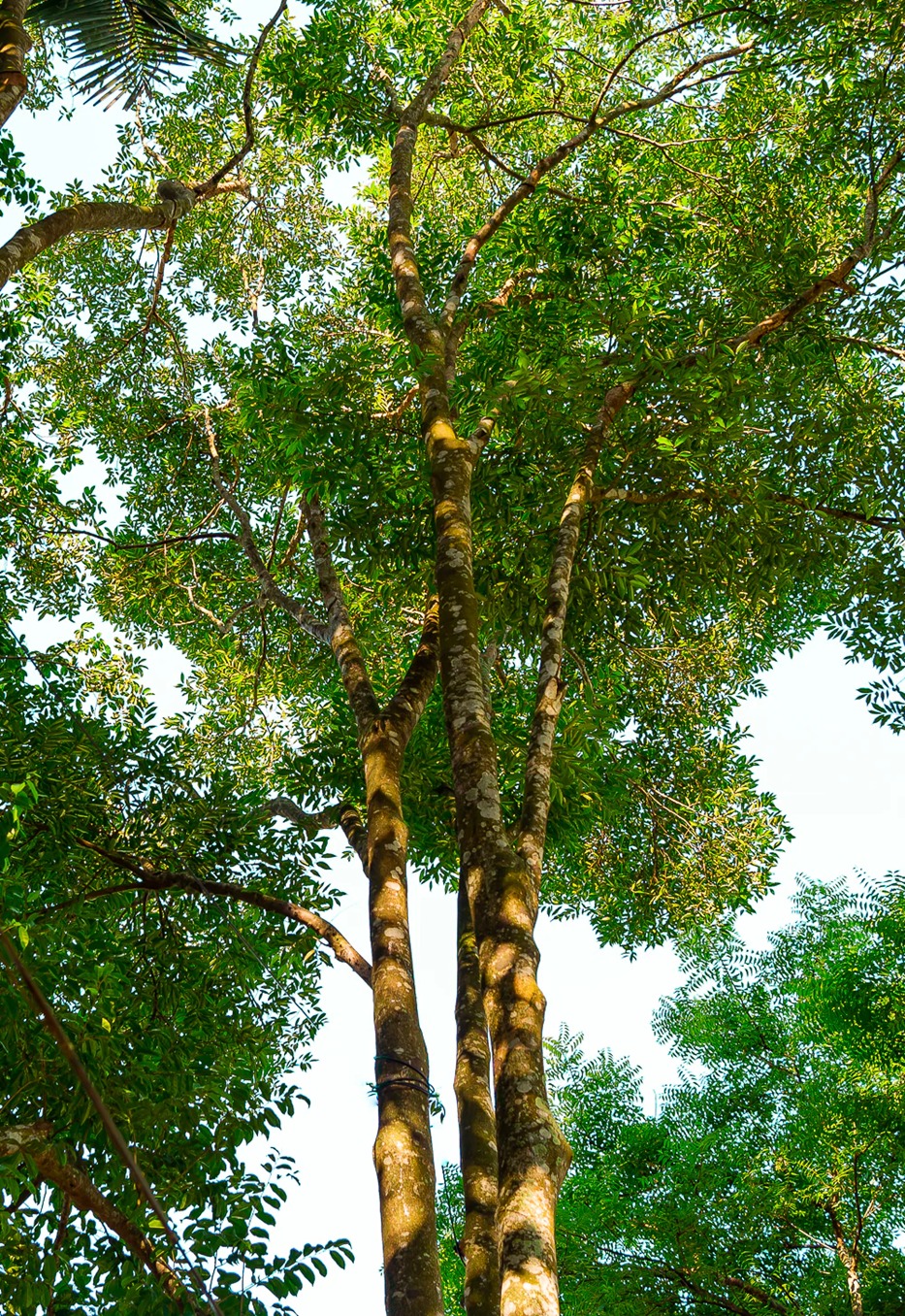Mr. M J Patel: AAU
I’m really grateful of Brio Hydroponics for their updated knowledge on the Hydroponics technique, because of them I’m able to maintain my hydroponics farm effectively with minimum cost. They have helped & supported me throughout my journey of learning about Hydroponics. Thank You Guys for Your Support!!
